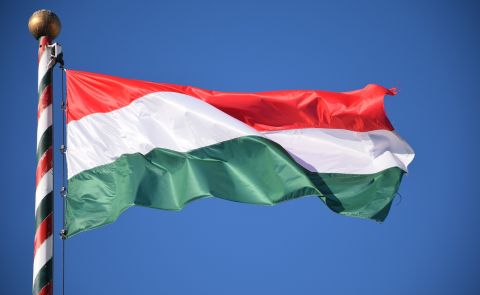
Baltic and Nordic Ministers Raise Concerns Over Georgian Legislation
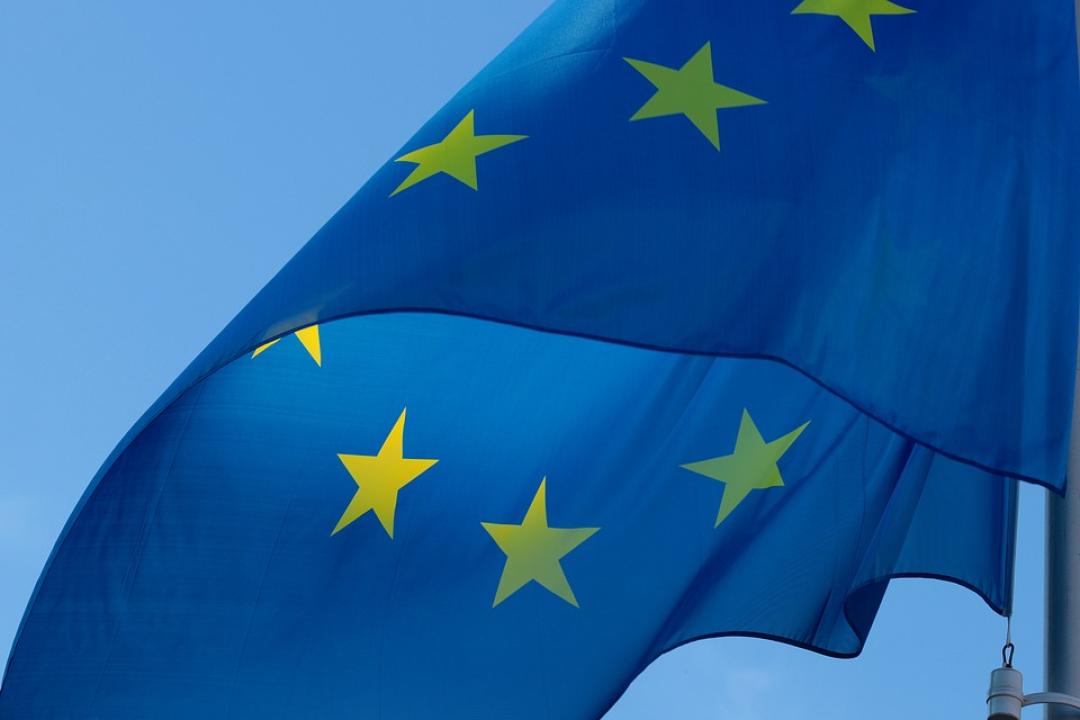
Meeting with Georgian Prime Minister
On May 15, Georgian Prime Minister Irakli Kobakhidze convened a meeting with Baiba Braže, Margus Tsahkna, Thórdís Kolbrún Reykfjörd Gylfadóttir, and Gabrielius Landsbergis, the Foreign Ministers of Latvia, Estonia, Iceland, and Lithuania, respectively.
The discussion primarily centered on Georgia's European integration and its progress along this trajectory. Kobakhidze underscored the Georgian government's dedication to moving closer to the EU, highlighting the role of international partners' support in this endeavor. He emphasized Georgia's leadership among candidate countries in various aspects, including democracy, the rule of law, human rights, and economic development rates, stressing the importance of the EU responding with corresponding measures.
During the meeting, the Foreign Ministers expressed concerns regarding Georgia's Law on Transparency of Foreign Influence and the Law on Restricting LGBT Propaganda. Kobakhidze clarified that the Law on Transparency aims to reinforce state sovereignty and solely entails the annual declaration of finances by relevant organizations. He emphasized that the law aligns with one of the EU's main requirements: mitigating polarization in Georgia.
Meeting with Georgian President
On the same day, Georgian President Salome Zourabichvili, alongside the visiting Foreign Ministers of Lithuania, Latvia, Estonia, and Iceland, issued a joint statement regarding the adoption of the Foreign Agents law. Following their meeting with the President, Zourabichvili outlined plans of action while the Ministers reiterated their support for Georgia's EU integration and expressed hope for the withdrawal of the Agents' law.
President Zourabichvili thanked the European partners for supporting Georgia's European aspirations. She condemned the ruling party's decision to adopt the law, highlighting its adverse impact on Georgia's EU integration efforts. Zourabichvili emphasized that the decision disregarded the people's will and advice from international partners, diverting Georgia from its EU path. She underscored the significance of the ongoing protests against the law, reaffirming Georgia's commitment to European values and independence. Zourabichvili stated her refusal to use her veto to engage in deceptive discussions, pledging to uphold the spirit of the country's current movement towards European integration. Regarding plans, Zourabichvili outlined initiatives to save Georgia, focusing on fostering unity and presenting platforms for the upcoming elections to steer the country back on the right course.
Lithuanian Foreign Minister Gabrielius Landsbergis emphasized the importance of supporting Georgia's democratic and European choice. He warned against the adoption of the law, stressing its detrimental impact on Georgia's progress towards EU and NATO membership. Landsbergis urged the Georgian government to reconsider its course of action, emphasizing the irreversible consequences if it persists.
Estonian Foreign Minister Margus Tsahkna highlighted the dangerous position neighboring countries face in choosing between freedom and aligning with Russia. He reiterated Estonia's historical and present support for Georgia and emphasized that the law contradicts European values, threatening Georgia's European integration.
Icelandic Foreign Minister Thórdís Kolbrún R. Gylfadóttir underscored the importance of upholding freedom, human rights, and the rule of law in advancing prosperity and peace. She expressed solidarity with Georgia's Euro-Atlantic aspirations and cautioned against compromising on values under Russian influence.
Latvian Foreign Minister Baiba Braže reaffirmed the Baltic states and Nordic-Baltic group's support for Georgia's EU integration. She emphasized the need for Georgia to adhere to European standards and expressed concerns about the law's compatibility with EU values. Braže urged the Georgian government to reconsider the law and ensure the protection of fundamental human rights, including the right to peaceful assembly.
See Also


Energy Sector Milestones: Armenia Advances Key Power Infrastructure
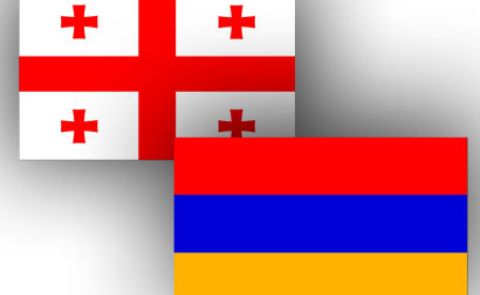
Armenia Temporarily Halts Brandy Exports Amid Georgian Border Congestion
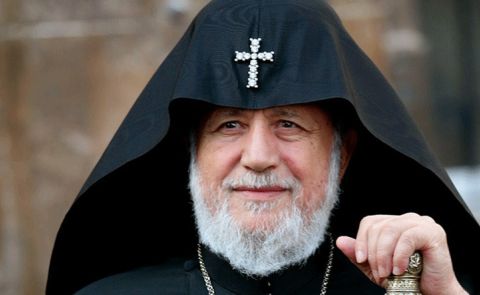
Political and Religious Conflict Intensifies Over Armenian Apostolic Church Leadership
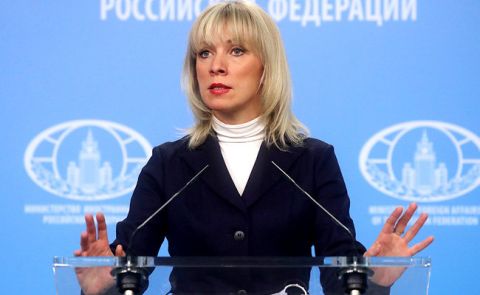
Maria Zakharova Warns Azerbaijan to Respect Russia’s Sensitivities on NATO Expansion, Criticizes EU Mission in Armenia
